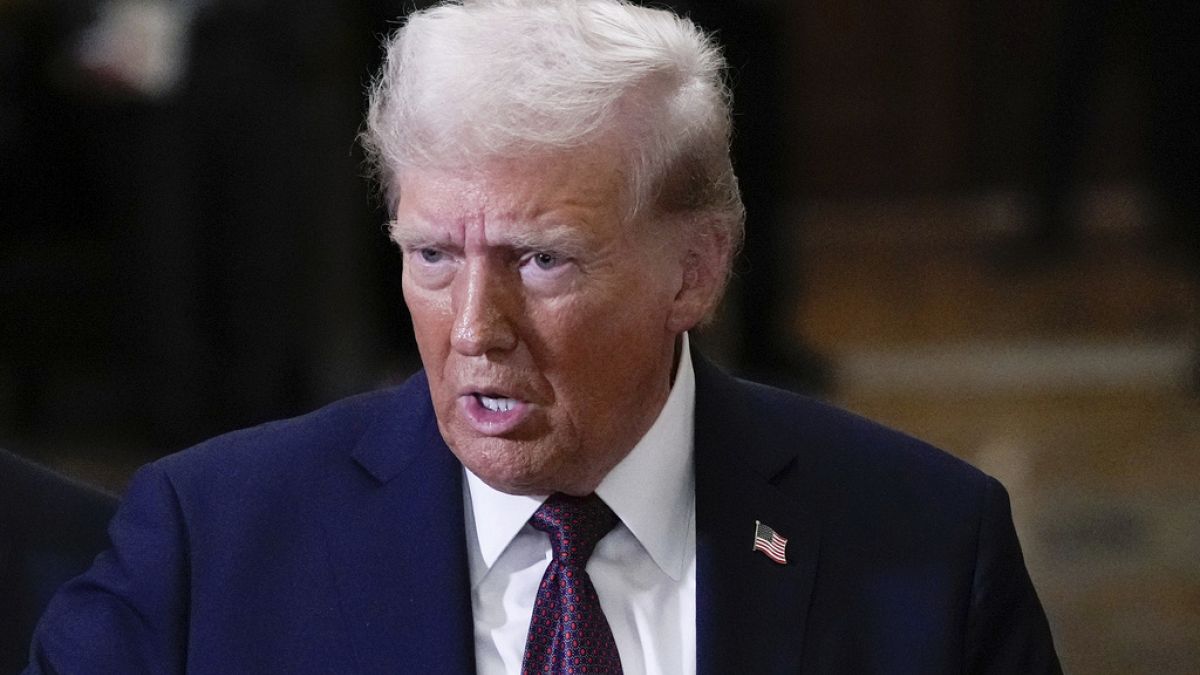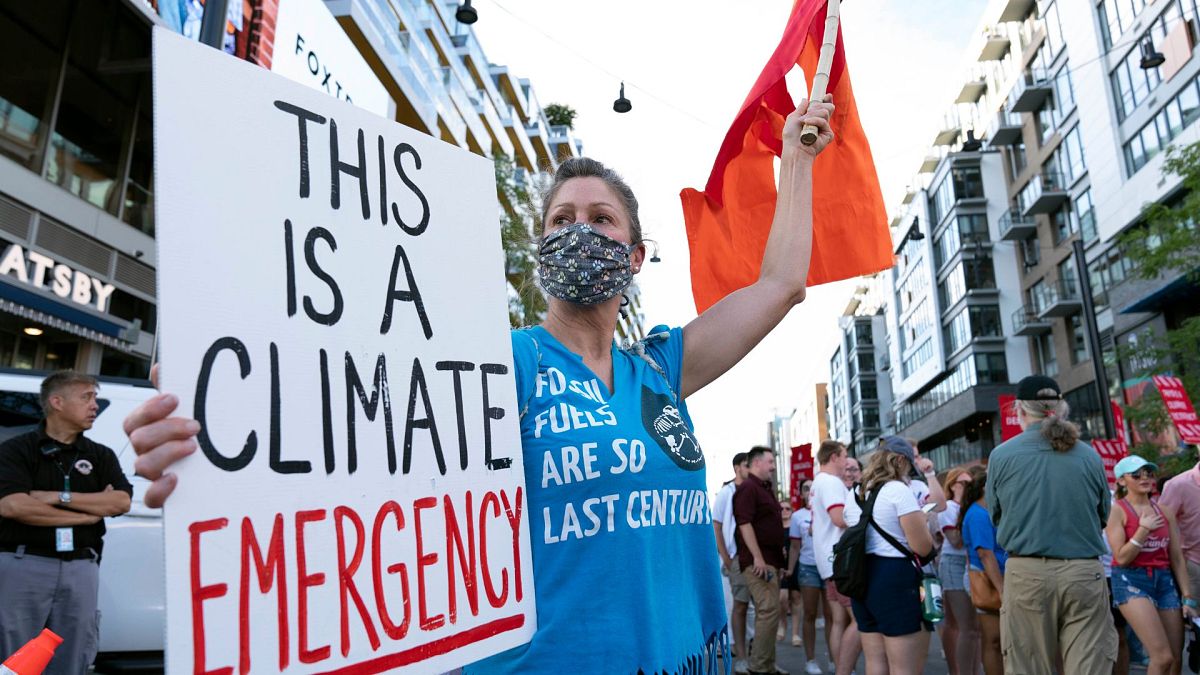TikTok is facing a ban in the United States on Sunday after the country's Supreme Court upheld a federal law to shut it down or force its sale.
The US Supreme Court on Friday voted to unanimously uphold the federal law banning TikTok beginning Sunday, unless it's sold by its China-based parent company.
The ruling held that the risk to national security posed by its ties to China overcomes concerns about limiting speech by the app or its 170 million users in the United States.
A sale does not appear imminent, and experts have said the app will not disappear from existing users' phones once the law takes effect on Jan. 19. However, new users won't be able to download it and updates won't be available.
That will eventually render the app unworkable, the US Justice Department has said in court filings.
The decision came against the backdrop of unusual political agitation by President-elect Donald Trump, who vowed that he could negotiate a solution, and the administration of President Joe Biden, which has signaled it won't enforce the law beginning on Sunday, his final full day in office.
Trump, mindful of TikTok’s popularity and his own 14.7 million followers on the app, finds himself on the opposite side of the argument from prominent Senate Republicans who fault TikTok’s Chinese owner for not finding a buyer before now.
Ban to take effect as Trump takes office
It’s unclear what options are open to Trump once he is sworn in as president on Monday.
The law allowed for a 90-day pause in the restrictions on the app if there had been progress toward a sale before it took effect.
Solicitor General Elizabeth Prelogar, who defended the law at the Supreme Court for the Democratic Biden administration, told the justices last week that it's uncertain whether the prospect of a sale, once the law is in effect, could trigger a 90-day respite for TikTok.
At arguments, the justices were told by a lawyer for TikTok and ByteDance Ltd – its parent company in China – how difficult it would be to consummate a deal, especially since Chinese law restricts the sale of the proprietary algorithm that has made the social media platform wildly successful.
The app allows users to watch hundreds of videos in about half an hour because some are only a few seconds long, according to a lawsuit filed last year by Kentucky. The suit complained that TikTok is designed to be addictive and harms kids' mental health, with more than a dozen states filing similar suits.
TikTok has called the claims inaccurate.
Political tension over TikTok
The dispute over TikTok's ties to China has come to embody the geopolitical competition between Washington and Beijing.
The US has said it’s concerned about TikTok collecting vast swaths of user data, including sensitive information on viewing habits, that could fall into the hands of the Chinese government through coercion.
Officials have also warned the algorithm that fuels what users see on the app is vulnerable to manipulation by Chinese authorities, who can use it to shape content on the platform in a way that’s difficult to detect.
TikTok points out the US has not presented evidence that China has attempted to manipulate content on its US platform or gather American user data through TikTok, and has long denied it could be used as a tool of Beijing.
Bipartisan majorities in Congress passed the legislation. Biden signed it into law in April, culminating a yearslong saga in Washington over TikTok, which the government sees as a national security threat.
TikTok sued the government last year over the law, but a three-judge panel made up of two Republican appointees and a Democratic appointee unanimously upheld it in December, prompting TikTok’s quick appeal to the Supreme Court.
Who could buy TikTok?
Without a sale to an approved buyer, the law bars app stores operated by Apple, Google, and others from offering TikTok beginning on Sunday. Internet hosting services also will be prohibited from hosting TikTok.
ByteDance has said it won’t sell.
Even so, some investors have been eyeing it, including Trump’s former Treasury Secretary Steven Mnuchin and billionaire businessman Frank McCourt.
McCourt’s Project Liberty initiative has said it and its unnamed partners have presented a proposal to ByteDance to acquire TikTok’s US assets, though the consortium, which includes 'Shark Tank' host Kevin O’Leary, did not disclose the financial terms of the offer.
Prelogar told the justices last week that having the law take effect "might be just the jolt" ByteDance needs to reconsider its position.

 5 hours ago
1
5 hours ago
1






 We deliver critical software at unparalleled value and speed to help your business thrive
We deliver critical software at unparalleled value and speed to help your business thrive






 English (US) ·
English (US) ·